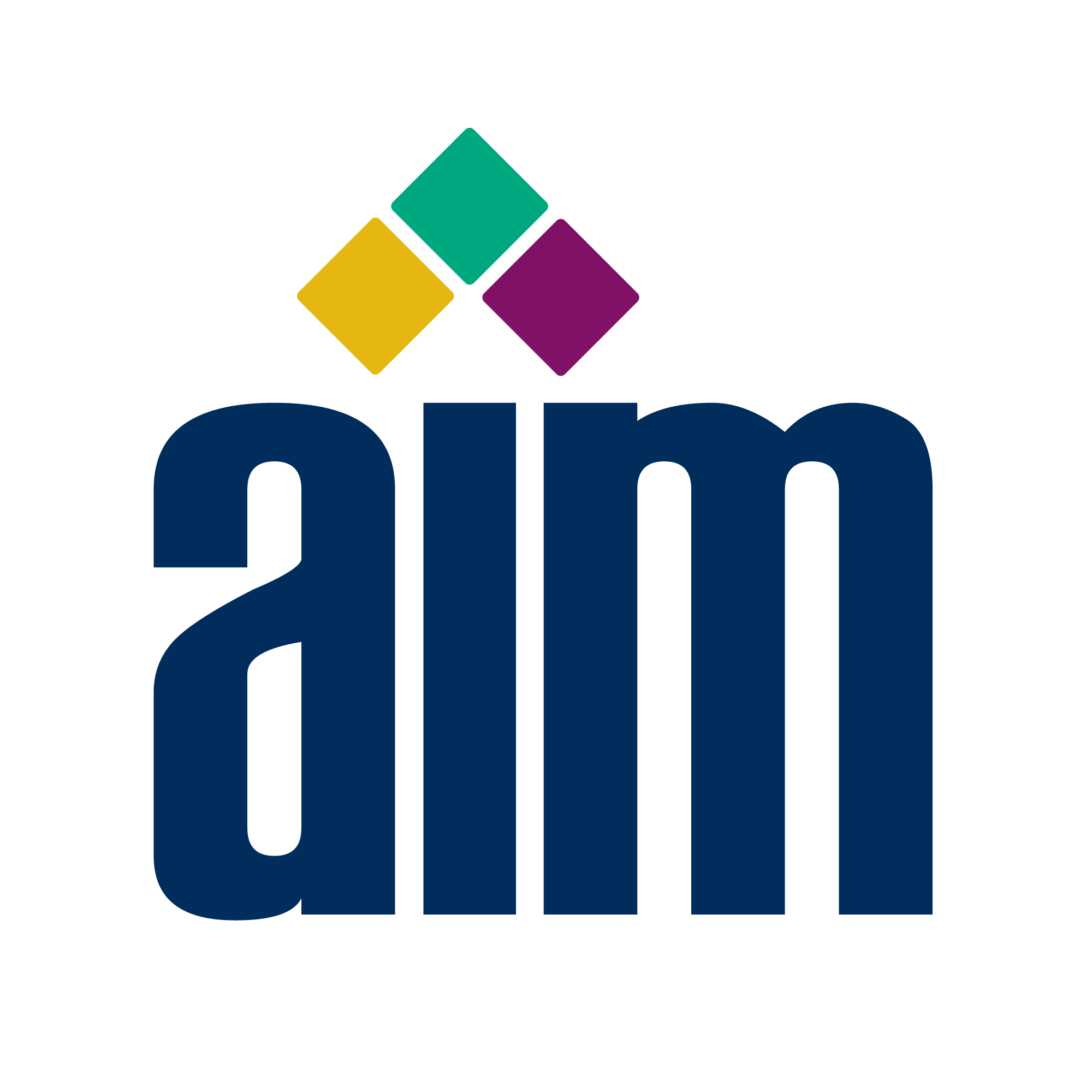Registration Authority
ISO/IEC 15961ISO/IEC 15961 – Information Technology – Data protocol for radio frequency identification (RFID) for item management
This International Standard provides information on the Registration of RFID data constructs in conformance with ISO / IEC 15961 – Information Technology – Data protocol for radio frequency identification (RFID) for item management.
Procedures and Application to request a new Data Construct (AFI), download here.
To obtain a copy of the Data Construct Register, download here.
To obtain a copy of the standard ISO/IEC 15961, visit the AIM Store.
The ISO/IEC 15961 standard is extremely important in the use of RFID (including RAIN RFID) to help ensure the uniqueness in the identification of items. As we continue to extend the Internet of Things with more “things” being identified, the possibility of duplication of numbers becomes an increasing issue. This standard provides a mechanism to prevent this.
The technology of radio frequency identification (RFID) is based on non-contact electronic communication across an air interface. The structure of the bits stored on the memory of the RFID tag is invisible and accessible between the RFID tag and the interrogator only by the use of the appropriate air interface protocol, as specified in the appropriate part of ISO/IEC 18000. The transfer of data between the application and the interrogator in open systems requires data to be presented in a consistent manner on any RFID tag that is part of that open system. Application commands from the application and responses from the interrogator also require being processed in a standard way. This is not only to allow equipment to be interoperable, but in the special case of the data carrier, for the data to be encoded on the RFID tag in one system implementation for it to be read at a later time in a completely different and unknown system implementation. The data bits stored on each RFID tag must be formatted in such a way as to be reliably read at the point of use if the RFID tag is to fulfill its basic objective.
Manufacturers of RFID equipment (interrogators, RFID tags, etc.) and the users of RFID technology require a standard-based data protocol for RFID for item management. ISO/IEC 15961 and ISO/ IEC 15962 specify this data protocol, which is independent of any of the air interface standards defined in ISO/IEC 18000. As such, the data protocol is a consistent component in the RFID system that may independently evolve to include additional air interface protocols. The International Standards that comprise the data protocol are as follows:
- ISO/IEC 15961-1 , which defines the transfer of data to and from the application, supported by appropriate application commands and responses;
- ISO/IEC 15961-2 , which defines the registration procedure of RFID data constructs to ensure that the data protocol supports new applications, in a relatively straightforward manner, as they adopt RFID technology. This can be achieved by the Registration Authority publishing regular updates of RFID data constructs that have been assigned, and as a means of incorporating these updates into the processes of ISO/IEC 15961-1;
- this document (ISO/IEC 15961-3), which defines the data constructs and the rules that govern their use;
- ISO/IEC 15961-4, which defines the transfer of data associated with sensors and batteries to and from the application, supported by appropriate application commands and responses;
- ISO/IEC 15962, which specifies the overall process and the methodologies developed to format the application data into a structure to store on the RFID tag.

